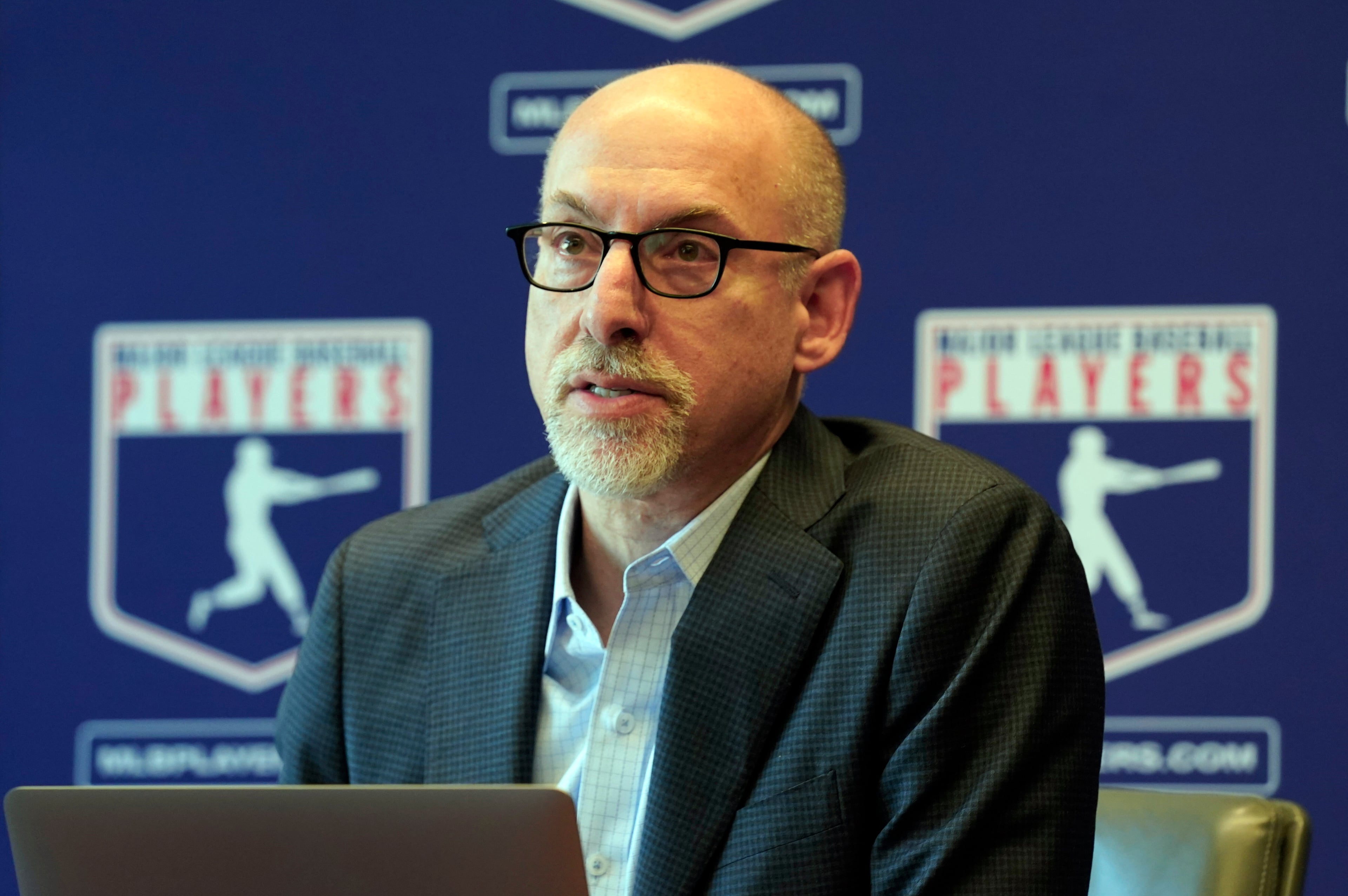Now a survivor, Carew weeps without shame

The black vest that Rod Carew wears everywhere these days has pockets on both sides, giving him a choice of where to carry the battery-powered medical device that keeps him alive.
Four months after a massive heart attack nearly killed him, Carew made his first public appearance Saturday in the city where he won seven American League batting titles for the Minnesota Twins. On a stage inside Target Field, at the annual winter fan festival known as TwinsFest, Carew kept about 200 fans spellbound describing how paramedics saved his life, and the 47 days in five hospitals that followed.
Dressed in a red Twins golf shirt and black slacks, the 70-year-old Carew sobbed as he recounted the ways his wife, Rhonda, and stepson Devon cared for him.
“I became a baby again,” he said. “I couldn’t go to the bathroom. I couldn’t get up out of a chair. There was nothing that I could do. I cried every single day that I was in that damn hospital, like I’m crying right now, and I’m not afraid to cry in front of people anymore.”
In October, doctors at a hospital in La Jolla, California, implanted a left ventricular assist device, known as an LVAD, to help Carew’s weakened heart pump more efficiently. Carew has been told he needs a heart transplant, Rhonda Carew said, but he cannot be added to the national transplant list until six months after the implant surgery.
Carew walks every day and sets small goals for himself. Going to TwinsFest was one. Next will be Twins spring training in February in Fort Myers, Florida, where he annually serves as a special instructor for bunting and base running. Finally, Carew, a Hall of Famer, said he hoped to attend the induction ceremony in Cooperstown, New York, in July.
“I never dreamt he would be strong enough to come to TwinsFest,” said the Twins’ president, Dave St. Peter, who visited Carew in California in October. “But Rod and Rhonda talked about those goals, and I think they’ll keep setting goals.”
Carew said he was stricken on a golf course in Southern California on Sept. 20, the day after serving as the honorary chairman of a fundraising event for the Leukemia and Lymphoma Society at Angels Stadium in Anaheim. Carew, who ended his career with the Angels, was at the event because he lost his 18-year-old daughter, Michelle, to leukemia in April 1996. She died before a suitable bone marrow donor could be found, and Carew devoted himself to raising donor awareness, especially among minorities.
As Carew told it, shortly after teeing off — “Right down the middle,” said Carew, a notorious perfectionist — he felt his chest burn and his hands turn clammy. A friend who had had a heart attack several weeks earlier had described similar symptoms, so Carew returned to the clubhouse and asked someone to call paramedics.
“I lost my life twice that day,” Carew said. “This was an experience I had with Michelle when she was in the hospital. I was laying in bed with her and she said to me, ‘Daddy, my guardian angel is right over there. There’s a light. You can’t see. I’m the only one who can see him.’
“When I’m laying there on the ground, the paramedic has two paddles in his hands, and he’s yelling, ‘Let’s go, guys, we’re losing him.’ And he had this light around him. I said, either Michelle is here, or my own guardian angel is here. They brought me back to life, took me to the hospital, and there they almost lost me and had to paddle me again.”
Doctors told him it was a miracle he survived.
“This is called the widowmaker,” Carew said. “Once you get this, that means you’re going to see the big guy in the sky.”
Three stents and two balloon pumps failed to normalize blood flow in Carew’s damaged heart. The LVAD surgery took 6 1/2 hours, and Carew finally went home two days before Christmas. Two tubes through his abdomen connect the LVAD to a small computer controller and a battery pack in his vest.
Carew said he lost 32 pounds during his ordeal, dropping to 160 from 192, but he now weighs 187. At his wife’s urging — “A drill instructor,” he jokingly called her — Carew can walk about 2 miles, which he said he hoped to increase to 6 or 7 before leaving for Fort Myers. He can play nine holes of golf. The Twins offered Carew a wheelchair Saturday, but Rhonda Carew insisted he walk to the stage.
“He doesn’t realize how fantastic he’s doing,” she said. “When you’re in bed for that many days, you lose a lot of muscle mass and a lot of your endurance, and it doesn’t come back overnight. He doesn’t have a lot of patience for that. Every day, I see him stronger — as long as he walks.”
The Twins announced Saturday a yearlong American Heart Association fundraising initiative in Carew’s honor called Heart of 29, named for his old uniform number. Carew implored fans and reporters to get their hearts checked.
Former Angels pitcher Clyde Wright told The Orange County Register that Carew’s heart attack prompted him to see a doctor. An angiogram revealed a blockage. Wright, 72, underwent successful bypass surgery Dec. 9, and Carew was one of the first people to call him.
“The first thing that came to my mind is, I’ve got to help,” Carew said. “If this is the only way I can help, by exposing myself to the things I’ve gone through and crying like a baby in front of I don’t know how many hundred people, then it’s worth it.”

